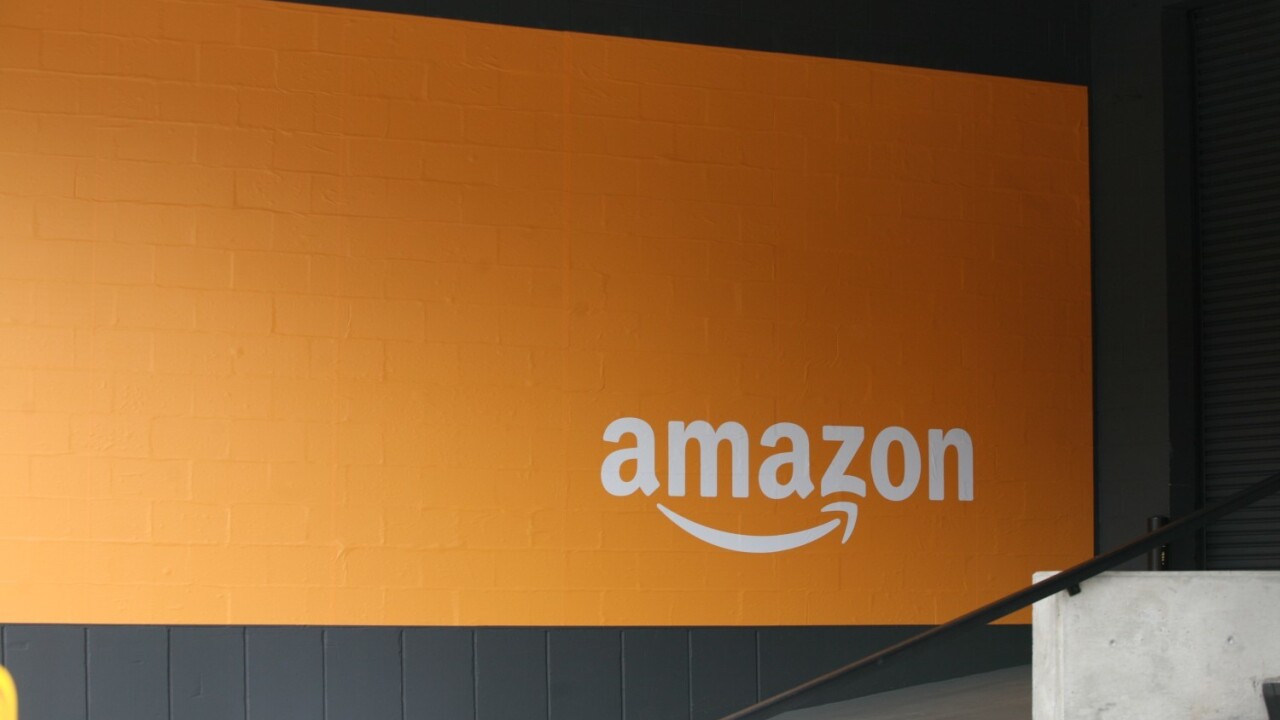
Reports about Amazon’s incredibly competitive workplace — articulated by The New York Times as “purposeful Darwinism,” where only the most dedicated and hardworking enter a system of perpetual challenges of judgment and intense reviews by peers and managers — have been met with divisive views. Vox’s Ezra Klein recently said, “It’s hard for me on some fundamental level to get that concerned about the Amazon employees who are there by choice in Seattle and have other job options.”
But hearing the first-person account of Julia Cheiffetz, who served as the Editorial Director of Amazon Publishing from 2011 to 2014, shows how the company blindsided her as she returned to work after having a baby and beating a cancer diagnosis.
Her story on Medium, published this morning, articulates how she was wooed by Amazon after serving as Senior Editor at HarperCollins.
It was a big opportunity, one many people inside the publishing industry told me privately I would be crazy not to take. I was drawn to Amazon’s spirit of innovation, its agility, and its culture of excellence.
Jumping at the job, she was “dazzled” by those she met, adapting to what the Times had corroborated as a lightning-fast, intense workplace. She also noted that at the executive level, it seemed dominated by men.
Things went well until her second year, when Cheiffetz had her first child and a cancer diagnosis soon followed. During her five-month leave, Amazon had neglectfully lapsed her insurance coverage, leaving her to rely on her husband’s insurance for treatment.
When she returned, she expected to get right back to her work. She did not:
I was taken to lunch by a woman I barely knew. Over Cobb salad she calmly explained that all but one of my direct reports — the people I had hired — were now reporting to her. In the months that followed, I was placed on a dubious performance improvement plan, or PIP, a signal at Amazon that your employment is at risk. Not long after that I resigned.
The “Performance Improvement Plan” is the dubious and conniving mechanic The Times described in its story as well. It seems women at Amazon in particular are subjected to greater performance scrutiny during childbearing years or times of disaster — which often lead to resignation. In Cheiffetz’s case, the double-whammy of maternity leave and cancer were enough to knock her out of the workforce at Amazon.
Cheiffetz concludes the post by saying that she is happy and balanced now, although disappointed that the predominant voices defending Amazon’s practices to the Times were male. She also had strong words for CEO Jeff Bezos:
Jeff: You asked for direct feedback. Women power your retail engine. They buy diapers. They buy books. They buy socks for their husbands on Prime. On behalf of all the people who want to speak up but can’t: Please, make Amazon a more hospitable place for women and parents. Reevaluate your parental leave policies.
The dirty laundry aired about Amazon’s workforce and corporate structure paint the company to be ruthless and unyielding when it comes to employee’s dedication to work. In the wake of the parental leave moves by Netflix and similar companies, it looks downright Draconian. But change has to come within, and the churn and burn of Amazon’s employees likely won’t cease unless Bezos steps away from his data and listens to voices like Cheiffetz:
You can’t claim to be a data-driven company and not release more specific numbers on how many women and people of color apply, get hired and promoted, and stay on as employees.
➤ I Had a Baby and Cancer When I Worked at Amazon. This Is My Story [Medium]
Get the TNW newsletter
Get the most important tech news in your inbox each week.





